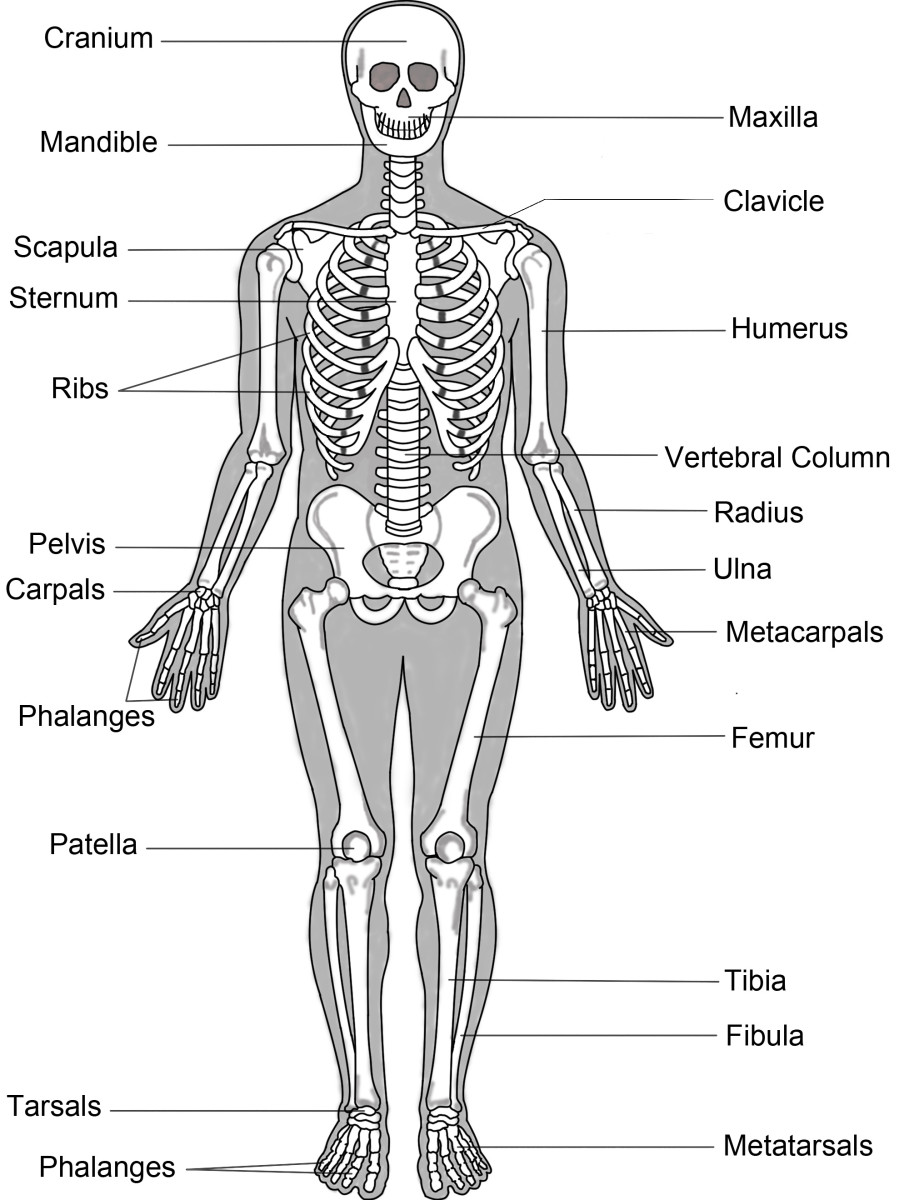Cryptobiotic Soil Crust Photos
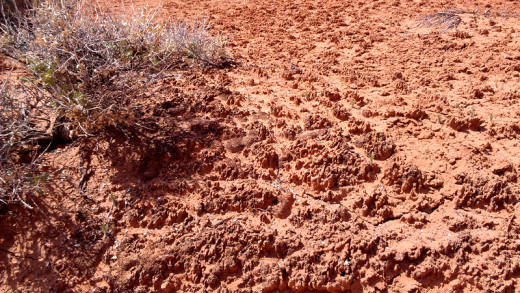
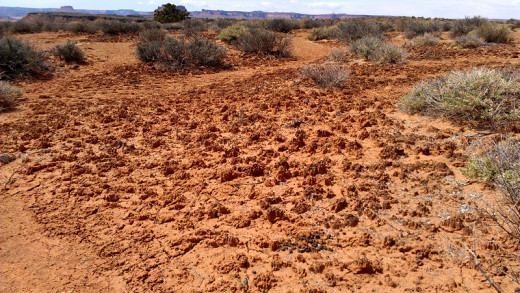
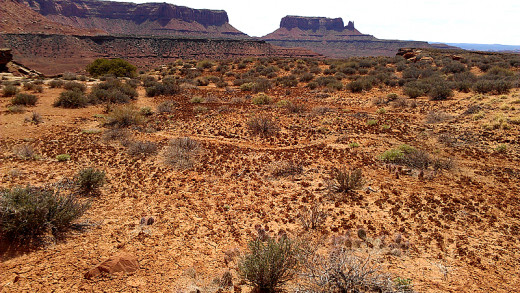
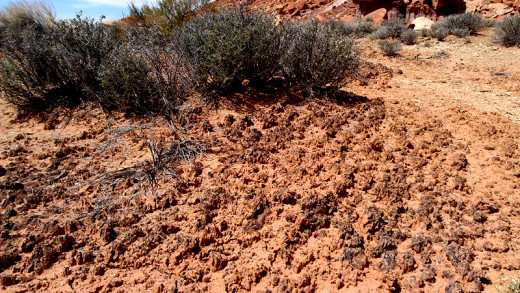
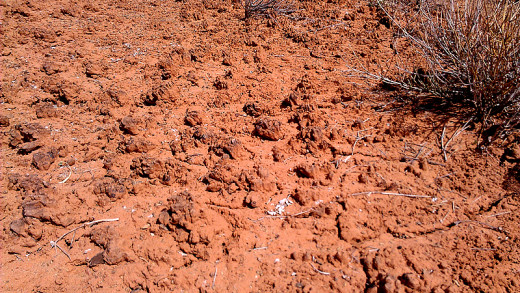
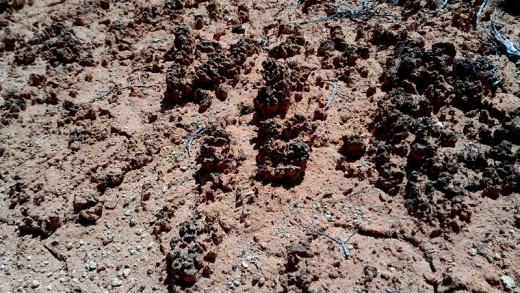
What Is It?
Cryptobiotic soil, also sometimes known as cryptogamic or microbiotic soil, is commonly found in desert regions throughout the world and is a biological soil crust primarily composed of cyanobacteria along with lichens, mosses, green algae, fungi, and bacteria. Cyanobacteria, also known formerly as blue-green algae, become active when wet and networks of long microscopic filaments grow in length leaving behind sticky sheath material as they move through soil particles. The sheath material binds loose particles together forming a hardened crust. In more developed cryptobiotic soil this crust can grow to be several inches thick. Cryptobiotic soil crust grows at a very slow rate of about one millimeter per year and depending on the amount of moisture the soil receives it can take years or decades for a damaged soil crust to return to its former state. This makes its preservation especially important.
What Does It Do?
In general cryptobiotic soil contributes to the well being of other plants in desert ecosystems by performing three main functions (in addition to others):
1) Stabilizes Loose Soil
The crust formed by these organisms serves to bind sand and dirt particles together thus stabilizing it and providing resistance to wind and water erosion. What would ordinarily be loose sand and dirt blown away by wind or water is held in place by the living soil crust.
2) Promotes Soil Moisture Retention
Cyanobacteria swell dramatically when wet and thus cryptobiotic soil crust is able to retain water which benefits the crustal organisms as well as the surrounding vascular plants. This ability to better store water is extremely beneficial in arid desert climates.
3) Atmospheric Nitrogen Fixation
Vascular plants are unable to make use of nitrogen in the air and instead rely on absorbing it through their roots. Cryptobiotic soil serves an important role in this regard as the cyanobacteria incorporate atmospheric nitrogen into the soil which plants can then use. This is a great aid in providing nutrients to plants which exist in a typically low nutrient desert soil environment.
How To Protect It?
In very simple terms, do not touch or otherwise disturb the soil crust and in particular do not ever walk or step on cryptobiotic soil crust. Foot prints can be especially damaging so when exploring desert regions make sure to stay on designated trails in order to avoid any potential damage. Being able to identify cryptobiotic soil formations is an important part of being able to avoid damaging them. The photos included here show various samples of cryptobiotic soil in and around the Canyonlands National Park area of Southern Utah in the United States. These images are typical of cryptobiotic soil crust found in the Colorado Plateau desert areas of Utah, Arizona, and New Mexico.




